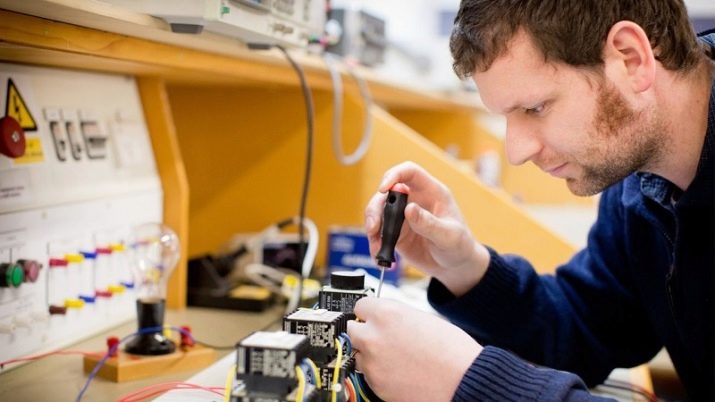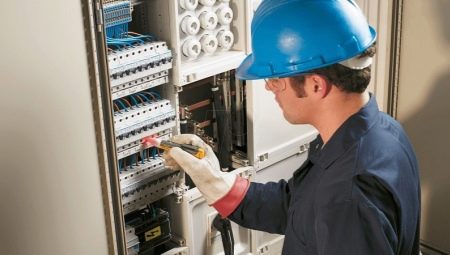Recently, working professions have been very popular. So, many graduates pay attention to the specialty "locksmith-electrician." Today in our article we will consider the features of the professional activity of a specialist, as well as the tasks that are included in the job duties of a professional.
Profession Description
An electrician (or electrician) is a person who works with electrical networks. He is responsible for the operation and repair of electrical equipment. Accordingly, the work of a specialist is very responsible and difficult, with increased professional requirements for professional knowledge, skills and abilities, as well as personal qualities. Most often, electricians work at power plants, transformer substations and at any other enterprises where electricity is used in one quality or another (for example, in the subway on rolling stock).
The profession itself enjoys high demand in the labor market. Electrical service specialists, depending on their qualifications, may have various categories (from the 2nd to the 8th). Moreover, the higher the rank of a specialist, the more complex and complex work he can perform. The profession is characterized by both advantages and disadvantages. The pluses include a sufficient level of wages and high demand. The disadvantages include hazardous working conditions and a high level of responsibility.
Thus, if you decide to completely connect your life with this profession, then you should carefully evaluate all the characteristics (both positive and negative).
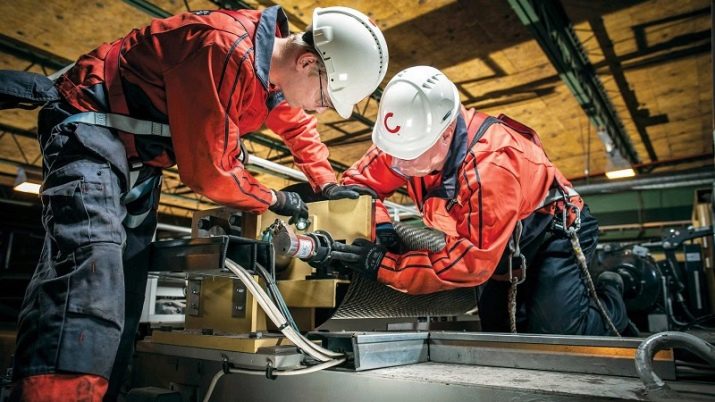
Job responsibilities
An electrician carries out his professional activities strictly in accordance with the official regulations, which are included in the job description and the unified tariff and qualification reference book of jobs and occupations of workers (ETKS). Accordingly, before you officially get a job, you need to familiarize yourself with these documents and make sure that you can fulfill all the duties prescribed to you. The duties of an electrician include the following tasks:
- conducting electrical work;
- maintenance of nodes, devices and fittings with the help of specialized equipment;
- cleaning of parts and elements of electrical equipment (these processes are most often carried out using compressed air);
- manufacturing of simple parts;
- installation of connecting elements (e.g. couplings, tees, etc.);
- work with wiring diagrams;
- tinning, soldering, insulating, laying and splicing of wires and much more.
It should be borne in mind that depending on the specific place of work, rank, as well as the wishes and requirements of the employer, job descriptions are subject to change.
The job description itself is a standardized document, however, often business leaders make adjustments to it. Accordingly, you need to be able to adapt quickly.
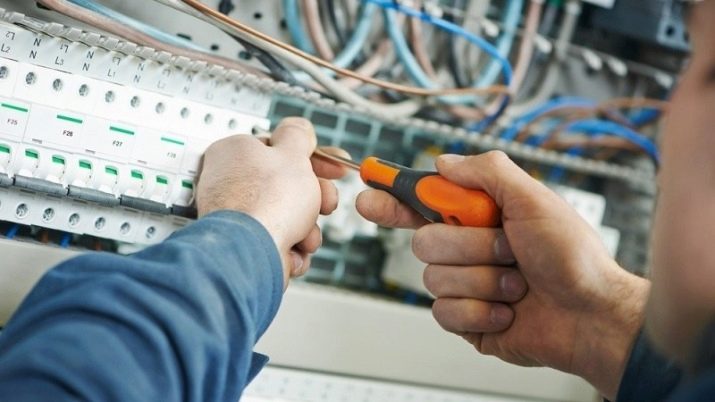
Requirements
Professional standard (or professional standard) - This is a document that governs the requirements that every electrician must comply with. Moreover, often employers make demands not only on professional, but also on the personal characteristics of such a specialist.
Personal qualities
In the process of finding a job as an electrician, it is important to carefully read the job description and study all the requirements of the employer. Very often, employers place special emphasis on the necessary personal characteristics of a professional, among them stand out:
- accuracy;
- methodology in completing tasks;
- responsibility;
- attention to detail;
- good memory;
- sociability;
- discipline;
- analytic mind;
- stress resistance;
- the ability to make independent decisions and bear responsibility for them and much more.
In this way, a highly qualified professional should be an independent, full-fledged and established personality.
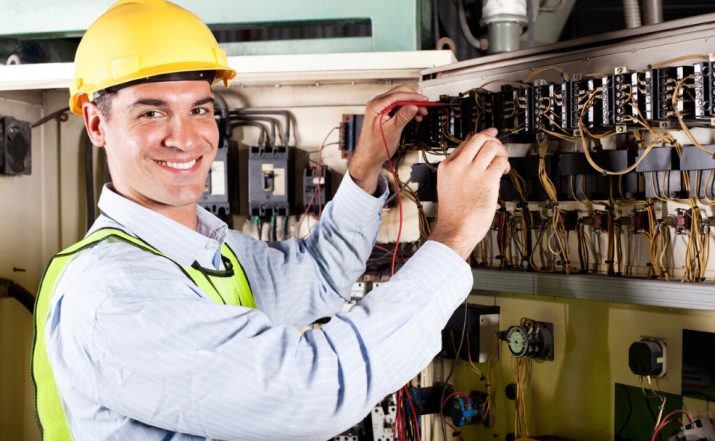
Knowledge and skills
In order for a specialist to be able to efficiently and effectively carry out his work functions, he must possess a large amount of theoretical knowledge, as well as practical skills. The main ones include:
- knowledge of the regulatory framework, laws and regulations that govern the professional activities of an electrician;
- knowledge of the methods of laying wires and cables;
- knowledge of the rules of operation of electrical equipment;
- wiring diagrams;
- technical features of electrical equipment;
- safety regulations;
- rules of first aid, etc.
The optimal combination of professional and personal characteristics will allow you to do your job most efficiently, quickly move up the career ladder and be a relevant specialist in the personnel market.
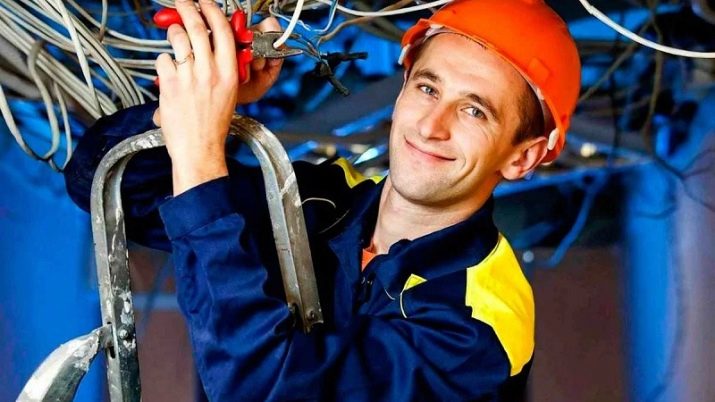
Rights and Responsibilities
In addition to the direct duties of a specialist, the job description also contains the rights and obligations of an electrician. You need to carefully read these chapters before formal job placement.
The rights of the employee include:
- communication with management about their work activities;
- use a variety of databases and information resources;
- improve your rank by passing certification exams;
- increase your theoretical training;
- hone professional skills, etc.
An electrician-locksmith is a specialist who can use all the rights provided for by the Labor Code of the Russian Federation.
In this case, the employee is responsible for:
- high-quality and full implementation of their duties;
- fulfilling the requirements of the employer;
- high-quality organization of their work;
- compliance with the internal regulations of the company where he works, as well as safety regulations;
- maintaining accounting and reporting documentation, etc.
Depending on the scale of the violation, as well as the amount of guilt of the specialist, he can be held responsible at various levels: from disciplinary to criminal.

Education
If you want to take the position of electrician in the future, then you must appropriate vocational training. So, for job placement it is necessary to show the employer a diploma of secondary vocational education. It should be immediately noted that the position of an electrician is suitable for a person who is interested in the exact sciences (mathematics, physics, etc.).
So, after graduating from the 9th grade, you need to choose the appropriate educational institution. If possible, give preference to those educational institutions that are located in large cities or in the capital, as they are respected among employers. Before entering a technical school or college, you need to visit the admissions office of the institution. This will let you know which exams are required. In the learning process, you need to pay close attention not only to obtaining theoretical knowledge, but also practical skills. So, in the course of obtaining education you will undergo compulsory internships and practices, which are an integral part of obtaining education. Thus, you will gain skills that will be indispensable in the process of direct work.
However, even after receiving a basic diploma, the educational process of an electrician does not end. A specialist who wants to remain relevant in the labor market and move up the career ladder, must regularly attend various educational events: conferences, master classes, lectures, etc. Remember that the level of your education will directly affect the level of wages. As you can see, an electrician is a working profession that requires a lot of educational preparation.
The professional activity of such a specialist is associated with a high level of responsibility, therefore, often employers place higher demands on applicants.
